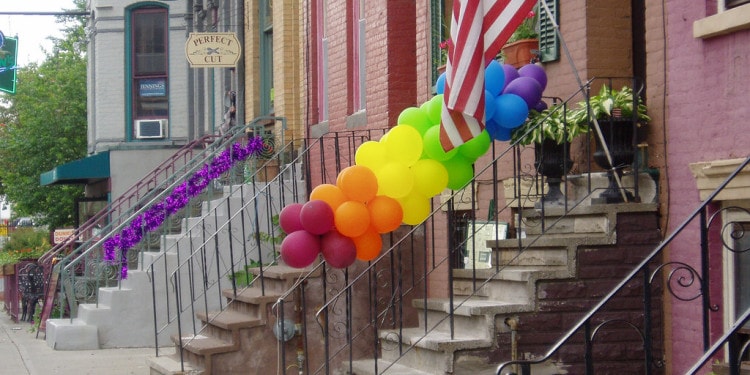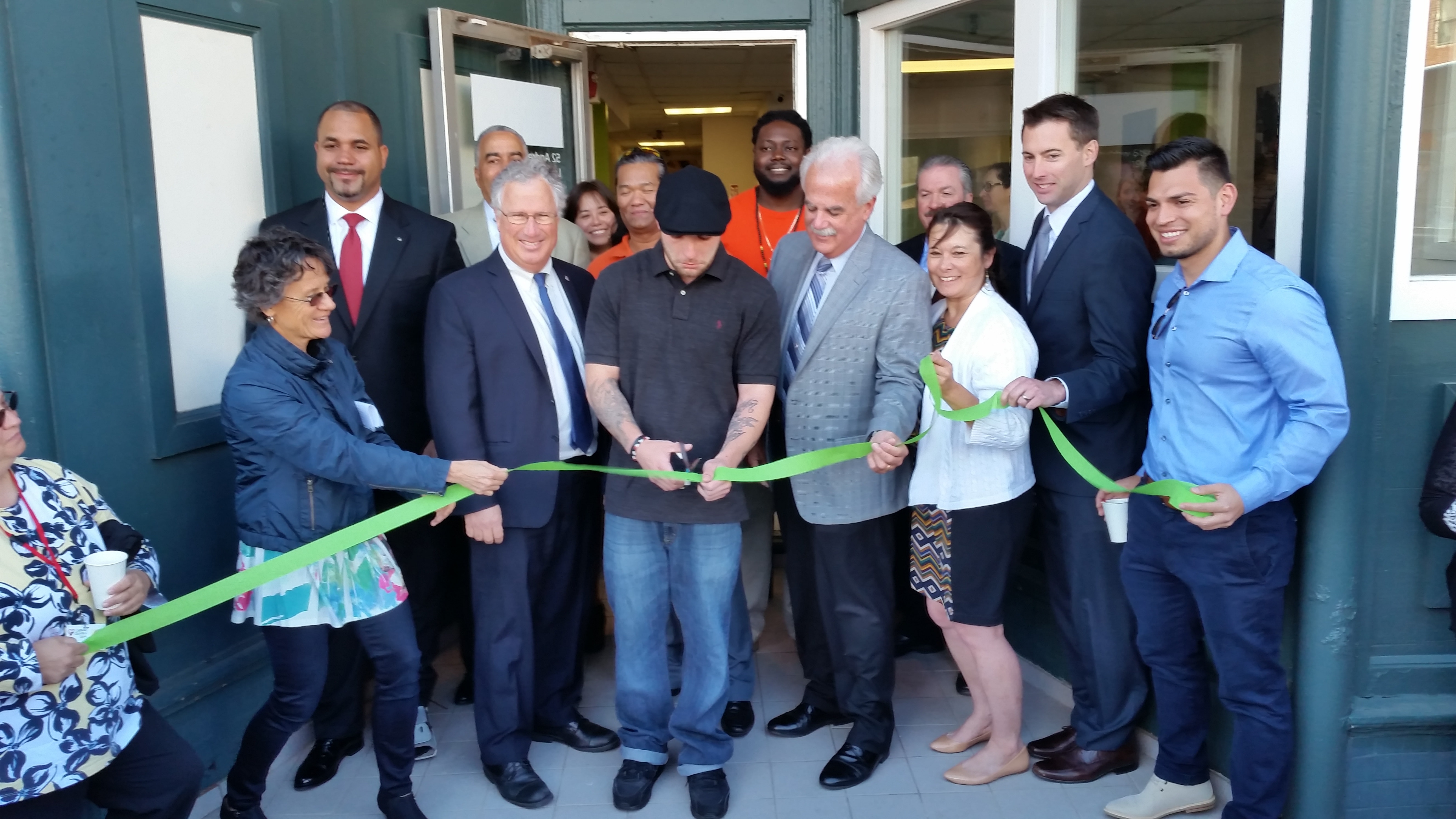Editor’s Note: This post was previously published on The Many (Mis-) Adventures of Kittu Pannu
Writing has been my coping method of choice in the past, and this ordeal has brought up so much. Bear with me.
It’s Monday, June 13, 2016. Two days after one of the most deadly recorded mass shootings in the US. The surge of emotions—anxiety, grief, appreciation, confusion, numbness—that I’m currently experiencing course through my head as I reflect upon recent events.
My journey from August 2015 to today has been littered with MANY learning moments. I mean, I AM in graduate school, right? Let’s begin with the basics: a master’s degree of public health from Columbia University requires that I take courses on race, health disparities, treatment of minorities, and a history of public health. It’s essentially how certain diseases have stress- and genetic-related inducers; how socioeconomic factors, environment, and a lack of knowledge contribute to health disparities; and how a history of lapses in ethical standards have been the death of the healthcare system and the trust minorities tend to have in the system itself. In other words, being a minority sucks, and the world works against you because of institutionalized racism and stereotypes. In addition, those who live in stressful states of mind or conditions are at higher risks for developing negative health outcomes. Minorities, or anyone who does not fit the status quo or “normal” mold can suffer from a heightened state of stress, ultimately affecting his or her health. Alternatively, people who identify as any race besides white, any gender besides male, any religion besides Christianity, etc. are at higher risks of suffering from stress-related health issues. My time at Columbia has given me a vocabulary and understanding through which I can voice these issues knowledgeably.
Related article: “EXPLORING THE MEANING OF GENDER”
While learning more about stress-related health disparities, I also began to understand how intersectionalities in identity can add to or subtract from one’s own perceived stress. And of course, how things like social support can really help in alleviating this issue. Alienation is something that can permeate throughout many communities, and it is especially prevalent in communities where diversity is not celebrated. I started to put my own experiences into perspective.
My whole existence has been influenced by my experiences as an Indian/Malaysian Sikh male brought up in the South. It’s a tale as old as time: I never quite fit in, never found solace in my community, etc. It wasn’t until I reached college and saw that life wasn’t as it was portrayed in my prominent Catholic school upbringing. That being different was something to celebrate, not berate tirelessly. Surrounding myself with positive, accepting people and giving those around me the chance to change their views for the better provided me with the support I needed to cope with the various forms of oppression I would feel daily. I made the best of the lemons given to me.
https://www.instagram.com/p/BGk9sWBGrns/?taken-by=kittupannu
And thinking about this past weekend…I attended D.C. Pride with my best friend and brother. One of the most resilient guys out there. The guy who just kicked cancer’s butt and is in full remission. At the age of 26. It was supposed to be a weekend of love, lust, drunken debauchery, and pure, unadulterated fun. And it was, until Sunday morning. No sooner had I woken up than I had received phone calls from family members and friends asking if I had heard the news, where my best friend and I were, and if we were safe. That there had been a mass shooting at a LGBT nightclub in Orlando. During Pride. And that 50 people were thought to have died. The attacker had killed these people because they had dared to express themselves. In a place where they felt comfortable doing so. My mom advised that I not attend the Pride Festival later that evening, fearing that there could be another attack. I mean, her concern was quite valid—DC is a prominent city; it’s the capital of the US. And it’s a city with a huge LGBT population. Congregating in one area could be a homophobic mass shooter’s wet dream.
I understood the concern that flitted through my mother’s voice. It’s hard enough navigating through a society where being brown automatically equates to being racially profiled as a terrorist or not understanding English, but add in going to LGBT events or hanging out at LGBT neighborhoods or clubs, and you’re really “asking for it” (I HATE the phrase asking for it—no one ASKS to be stereotyped or oppressed. Except for very few people, who are within their rights to ask for that if they so choose. I’m definitely NOT one of those people). I told her not to worry. I would be with friends, and there would be heavy security in the area. I explained that changing my behavior just because of the actions of another would give weight to that person’s actions; it would legitimize his behavior and show others that communities can be oppressed and intimidated into behaving in a way that that person deems appropriate. She relented, as she usually does with me when she knows I won’t change my mind.
For a full mindmap behind this article with articles, videos, and documents see #Orlando
But, at the end of the day, her points were valid. Instead of just worrying about whether that cute person I met this weekend was interested in getting to know me or get into my pants, I also had to worry about getting profiled at a LGBT event. I would later overhear people say that the Orlando shooter “looked like a terrorist.” But someone could also perceive me as one—what’s the difference in the eyes of an angry mob?
I compartmentalized my fears and chose to instead focus on celebrating Pride with my friends, to celebrate all that we had worked hard for this past year, and to acknowledge the growth both my best friend and I have undergone through our own trials and tribulations. Because, as I told my mother (and sister, and friends), if we change our routines and give these despicable actions any weight, we are acknowledging that these types of actions can change our behaviors. Thankfully, everyone I came into contact with during my Sunday festivities never made me feel like my skin color or appearance made them visibly uncomfortable (except for one sourpuss who gave me a stank eye for smiling at him).
I was one of the lucky ones. I was not in Orlando for Pride. I was not at Pulse Nightclub on Saturday night. I was not being gunned down by a man in a homophobic rage. My family and loved ones were able to confirm that I was indeed alive. But this was not the case for all celebrating Pride this weekend. And this is why I can feel the pain, the anguish, the fear, the confusion surrounding this traumatizing event. I can empathize. I’ve been to similar venues, probably danced to similar music, thought similar things, and had similar conversations with fellow patrons. There are 50 lives that just ended abruptly. Fifty people who were probably just hoping to get lucky for the night. Fifty brothers/sisters who are no longer with us.
Empathy can only get us so far. As a community, it is up to all of us to figure out how to contain this public health epidemic. And the public health epidemic to which I am referring is gun violence. Gun violence has claimed too many lives in the US. This, along with toxic masculinity, minority repression, systemic racism, religionism, and other stressful conditions all contribute to this ever-expanding issue. Without acknowledging that we have a weird dependency upon these weapons that has been highly detrimental to our society, we end up doing a disservice to all who have suffered from this epidemic. Stricter laws, license, insurance, and background checks have all proven to limit the effects of similar epidemics.
As I prepare for friends to visit me for NYC Pride in the coming weeks, I plan on waving my rainbow flag high and proud. You may take 50 of us out, but there will be more who will come to celebrate and take up our cause.
Recommended reading: “WEEKS AFTER THE PULSE SHOOTING, THE ORLANDO SENTINEL FOCUSED ON THE COMMUNITY WITH A LONG-FORM VIDEO”
—
Featured Photo Credit: Joel Kramer, Flickr
EDITOR’S NOTE: THE OPINIONS EXPRESSED HERE BY IMPAKTER.COM COLUMNISTS ARE THEIR OWN, NOT THOSE OF IMPAKTER.COM.









